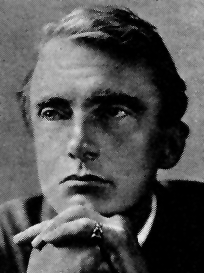ODE ON A GRECIAN URN Keats as a Poet John Keats (1795-1821) was the pure poet among all the Romantics. He was not only the last but the most perfect of the Romanticists. He was devoted to poetry and had no other interest. Unlike Wordsworth who was interested in reforming poetry and upholding the moral law; unlike Shelley who advocated impossible reforms and prophesied about the golden age; and unlike Byron who made poetry a vehicle of his strongly egoistical nature and political discontents of the time; unlike Coleridge who was a metaphysician and had philosophical concerns; and unlike Scott who relished in story telling, Keats did not take much notice of the social, political and literary turmoils, but devoted himself entirely to the worship of beauty, and writing poetry as it suited his temperament. He was, above all, a poet and nothing else. Unlike Byron who was a Lord and unlike Shelley who belonged to an aristocratic family, Keats came of a poor family, and at an ea...

